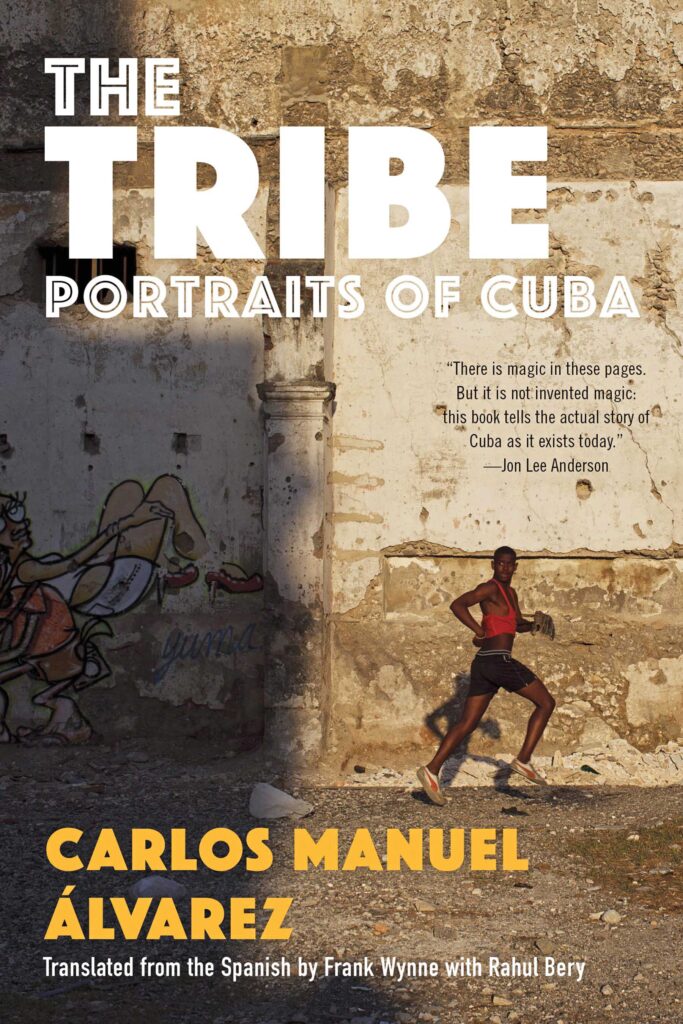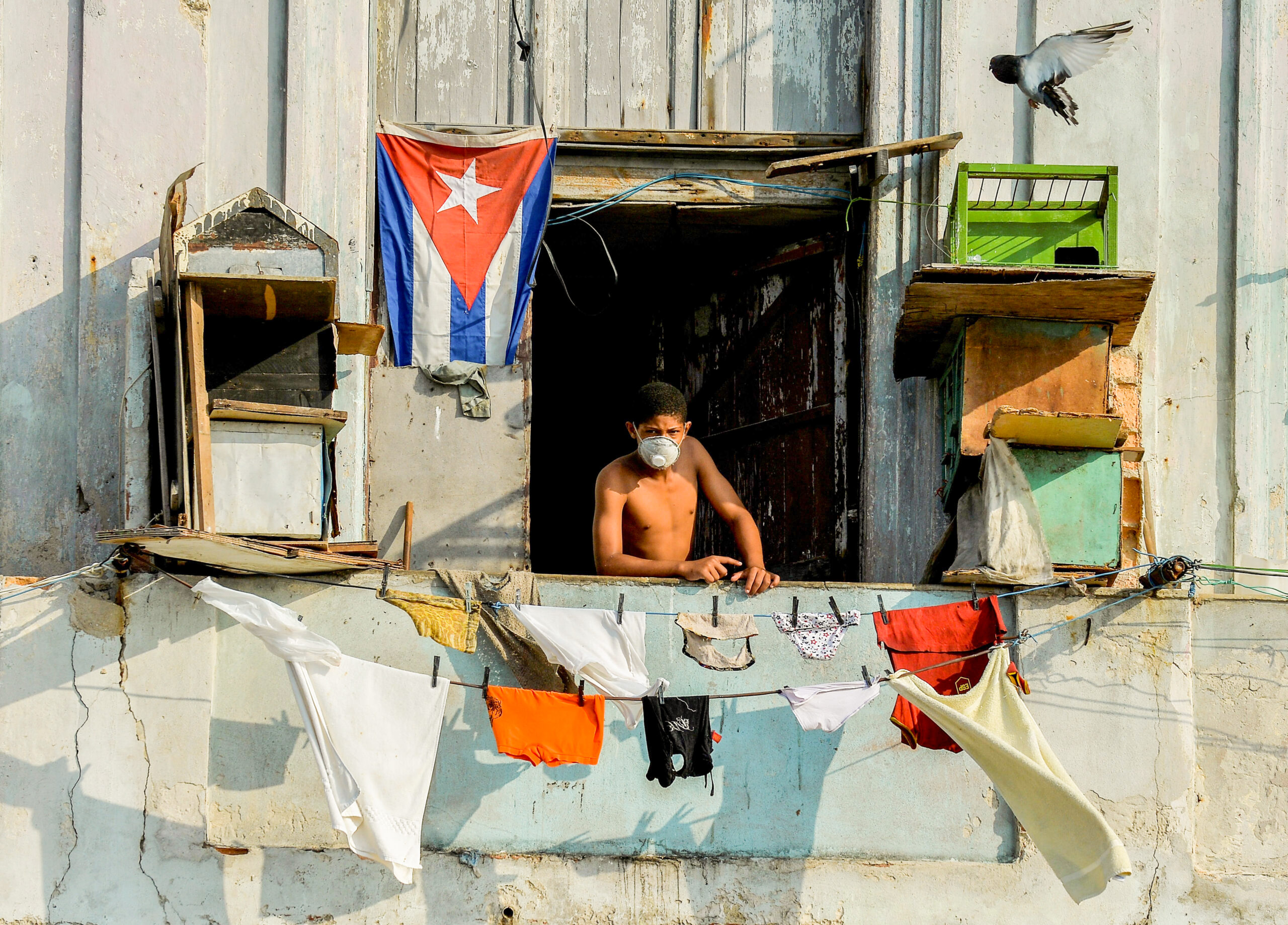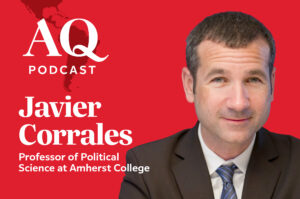This article is adapted from AQ’s special report on millennials in politics
Cuba finds itself in the depths of the COVID-19 pandemic. Masks are mandatory. In the tropical heat, journalist Carlos Manuel Álvarez finds his glasses steaming up—an apt metaphor for the country, “its breath constrained, its gaze blurred.”
Foreign observers often rely on metaphorical language to describe Cuba—the more cliché the better. According to these observers, this former banana republic or mobster playground became, under Fidel Castro, a haven for socialism or a communist stronghold—depending on your politics. Now, it has emerged as either an economic basket case or, as the Lonely Planet travel guide has it, a “country of indefinable magic … where you can wave goodbye to everyday assumptions.”
Thankfully, Álvarez, a native Cuban, has little time for such tropes. In this compilation of real-world dispatches, he cuts through the clichés with prose as unsentimental as it is searing. If a balcony in Old Havana is described as “crumbling,” it’s because the struts of this “desolate picture-postcard” would soon collapse, killing three children in the process. If he writes about a José Luis Perales classic being sung along the Malecón, it’s because the busker’s tuneless voice reminds him that “behind every bad song badly sung is someone trying to make a living.”
Álvarez’s incisiveness doesn’t come from astute geopolitical analysis. There is no overt punditry, at least not of the evening-news, talking-head variety. Nor is it because of the book’s balanced objectivity. Álvarez picks his stories like a pickpocket picks his prey—with a mix of artfulness and opportunism.
Instead, the book’s revelatory insights derive from its joyful rejection of the reporter’s usual mode of operation. Álvarez turns to what he knows, what he cares about and whatever happens to cross his path—and that is his fellow Cubans and their fate. The result is, as he puts it, a “panorama created by … characters,” more a collection of impressions than ideas.

The Tribe: Portraits of Cuba
By Carlos Manuel Álvarez
Translated from the Spanish by Frank Wynne with Rahul Berry
Graywolf Press
Paperback
312 pages
The cast list is rich and varied. We meet musicians, like Juan Formell, the founder of a cult band who, as Álvarez writes, lived by a “single simple principle: Forget the music, embrace the social.” There are athletes, like ex-baseball player José Ariel Contreras (to the Yankees, “a concrete tree … legs like trunks of cedar”; to his family in Las Martinas, “just Jose. No emphasis, no accent”). And there are activists, like Tania Bruguera, the installation artist who endured the “Kafkaesque machine” of repeated arrests after attempting to arrange a protest in the sacred Plaza de la Revolución. (She failed. “The voices are still waiting to be heard,” Álvarez writes.)
But equally importantly, The Tribe introduces us to everyday men and women whose names are not known even in Cuba. Officially, the Cuban Revolution has no underclass, yet Álvarez ferrets them out, his evocative depiction of Havana’s garbage collectors—or “divers”—offering a heart-rending yet humane account of life on the margins. Similarly evocative is the chapter about Jaime, Carlitos and Carmona, a party-loving trio of Cuban migrants who binge-drink their way through Central America towards the United States and the promise of freedom.
Unlike the country of his birth, there is nothing constrained about Álvarez’s writing. This is revolutionary literature in the truest sense: direct, uncompromising and continually provocative. At one point, Álvarez cites the wishes of an émigré to the U.S. to avoid “the sleaze and corruption of Miami.” This kind of detail showcases Álvarez’s unique stance, at once too frank for fidelistas and too nuanced for the Cuban regime’s critics. A masterclass in creative reportage, this book demands to be read on its own terms, without prior prejudice.
—
Balch is the author of Viva South America! A Journey Through a Surging Continent (Faber & Faber)






